Washington-led coalition may fuel further regional conflict, analysts say
The Red Sea crisis is an extension of the Palestine-Israel conflict, exacerbated by the United States' continuous support to Israel and its double standards in dealing with the Palestinian question, experts said, warning that a U.S.-led Red Sea coalition may further fuel regional conflicts.
In recent weeks, Yemen's Houthi militia have intensified their attacks on "Israel-linked" ships passing the Red Sea, demanding an end to Israel's military actions in the Gaza Strip, and the delivery of food and medicines to the enclave.
This has led to major shipping and oil firms halting operations along this important trade route. The U.S. has responded by initiating the so-called "Operation Prosperity Guardian" to safeguard commercial ships passing the Red Sea.
Shu Meng, an associate researcher at the Middle East Studies Institute of Shanghai International Studies University, identifies two key motives for the U.S. actions.
"First, the Red Sea is a vital maritime transport corridor, whose importance has been further highlighted by the Russia-Ukraine conflict. The security of transportation in this region is directly linked to U.S. interests," she said.
Another motive is to protect Israel, as the Houthi militia's attacks are aimed at Israel, and protecting and supporting Israel has been a long-standing U.S. policy in the Middle East, she added.
"The coalition launched by the U.S. means to serve its self-interest, catering to its Middle East policy of maintaining hegemony in the region by supporting Israel. However, now the U.S. itself is unable to fully control the situation in the Red Sea, which is why it seeks to bind its allies and partners to join in this effort," said Sun Xihui, an associate research fellow with the National Institute of International Strategy at the Chinese Academy of Social Sciences.
Despite the U.S. calling the Red Sea tensions "an international challenge" requiring a united response, the initial coalition support was limited, with only 10 nations, including Bahrain as the sole Arab state. The Pentagon later announced that 20 countries had joined the coalition, with Greece and Australia among the new members.
In a setback to the U.S., France, Spain, and Italy have declined their participation in the alliance.
Some countries, possibly including Arab states, have chosen not to disclose their participation to avoid backlash for supporting Israeli interests, according to a report from the Maritime Executive, a U.S. news website.
"This indicates that countries in the Middle East don't want to be deeply involved in the current Israel-Palestine conflict and will try their best to avoid the spillover effects of the conflict," said Shu.
No overt participation
"The U.S., as an external power, wishes to completely dominate Middle Eastern affairs and drive Arab nations to serve and comply with U.S. policies in the region. It aims to align these countries with its support for Israel against Hamas. Such policy objectives and strategies put many Middle Eastern countries in a dilemma, leading to the current situation where some refuse to join the coalition and others, even if they join the U.S. team, are unwilling to do so publicly," Sun added.
The U.S. announcement of its formation of the military coalition has drawn a fierce response from the Houthis, who said the U.S. move would not stop their attacks on Israel-bound commercial ships and vowed to retaliate by targeting U.S. battleships and interests in the region if they were attacked.
The U.S. move may lead to a further spilling over of the Gaza conflict, with other organizations possibly launching more attacks in or around the Red Sea, which would increase uncertainty in the Red Sea shipping routes, raise transportation costs, and mount greater pressure on the global supply chain, said Shu.
"The U.S.-led coalition is not addressing the root cause of the Red Sea crisis. The Palestine-Israel conflict is the fundamental reason behind the escalating situation in the Red Sea. The U.S. refuses to support a cease-fire between Israel and Palestine while blindly pulling its allies into the coalition will only escalate the situation," said Sun.








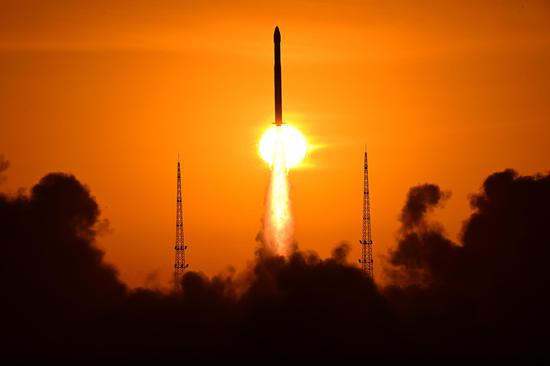
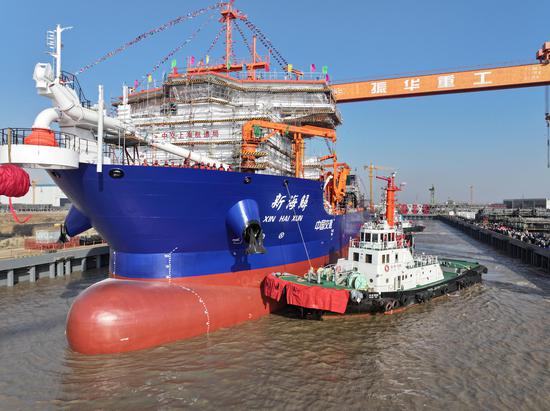







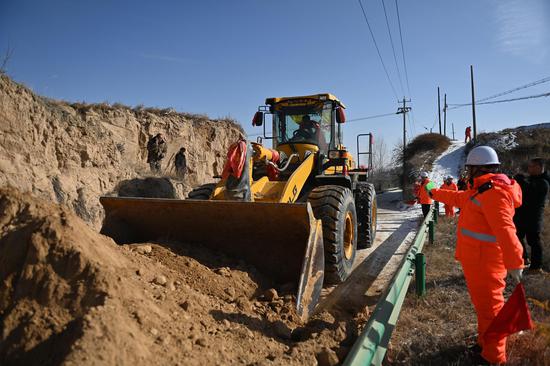
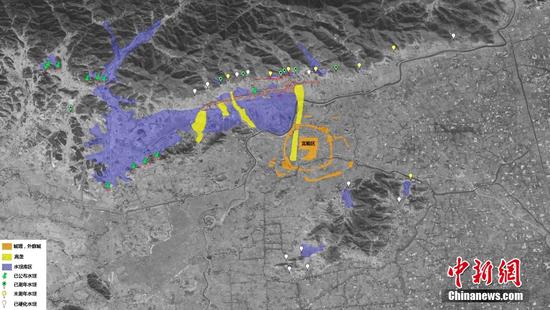


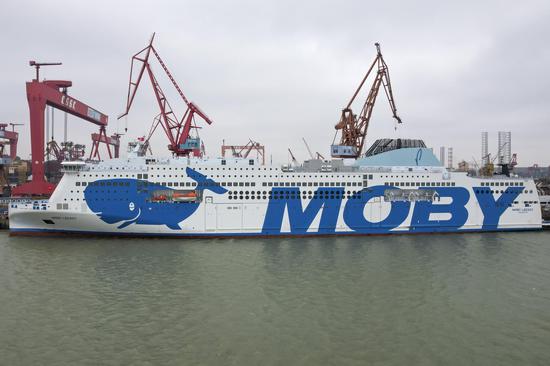





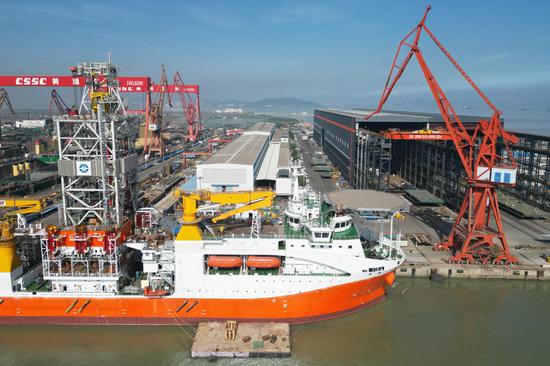


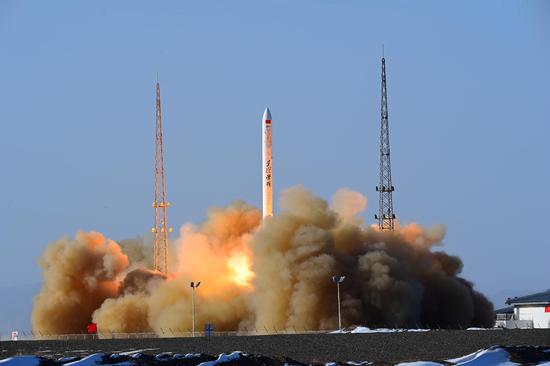

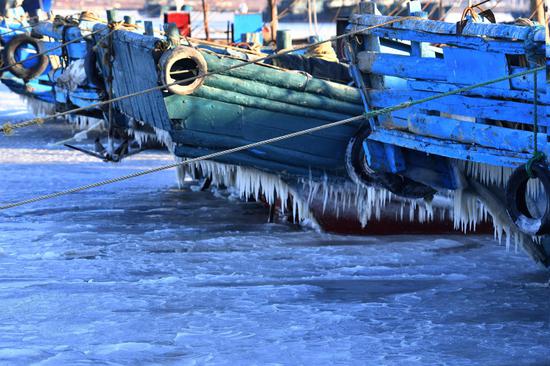




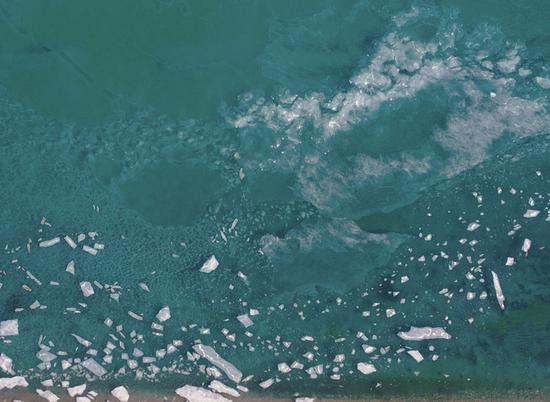
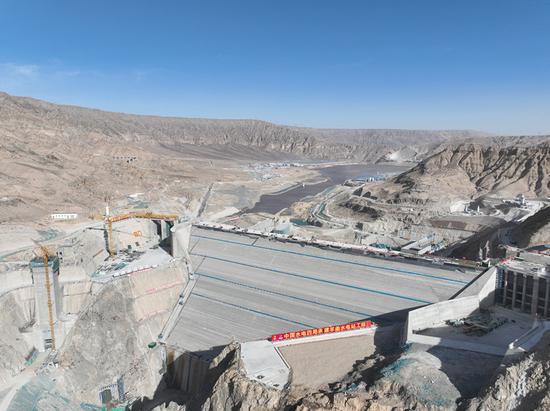





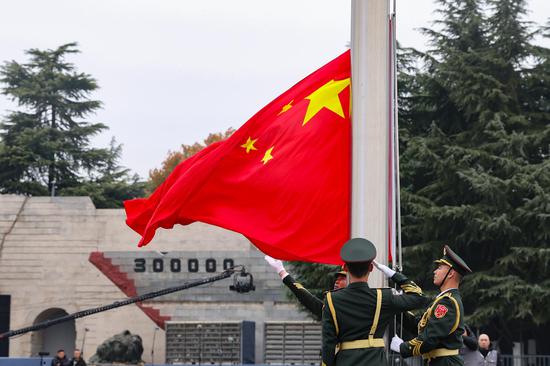





 京公网安备 11010202009201号
京公网安备 11010202009201号